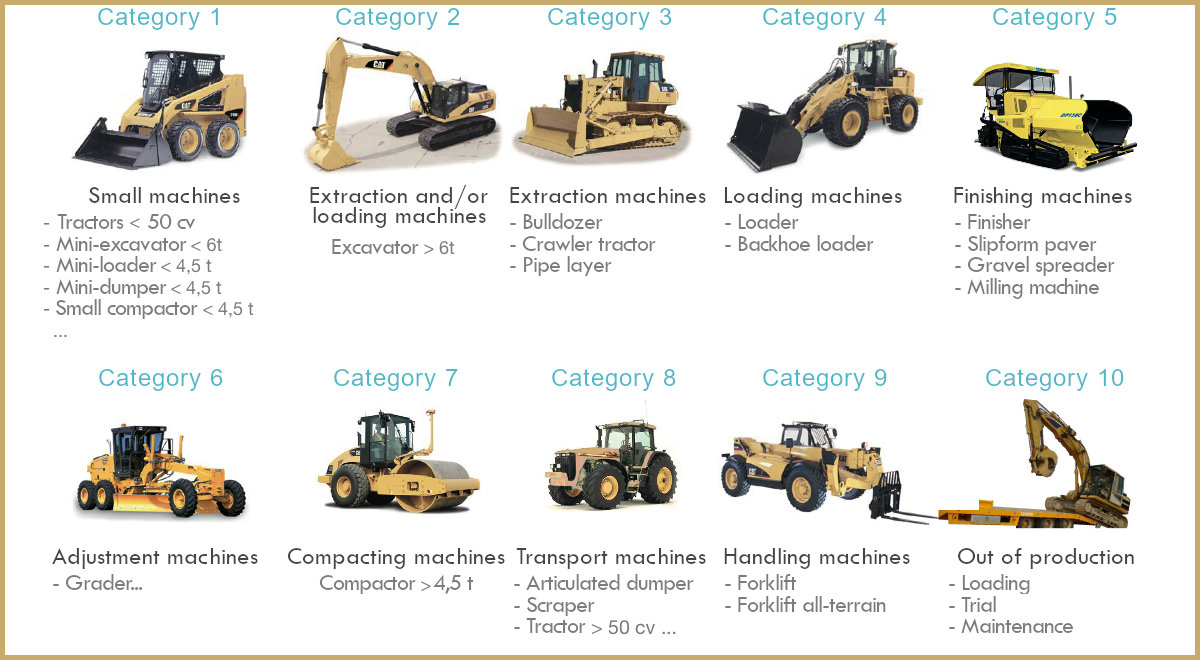Preparing for the Next Era: Machinery Rental in a Post-Coronavirus Environment

The contracting sector has encountered extraordinary difficulties in the past few years, greatly intensified by the global pandemic. As businesses reopen and acclimate to the changing landscape, many contractors are rethinking their strategies, notably in terms of resource management and financing. One key area that has gained substantial attention is construction equipment leasing. As projects ramp up and demand surges, understanding the advantages and best practices for leasing equipment can make all the difference in a contractor’s ability to meet deadlines, control costs, and maintain flexibility.
Selecting the appropriate construction equipment lease company can be daunting, especially with numerous options present and different terms to navigate. Contractors must consider several factors to ensure they partner with a dependable service provider. From assessing lease conditions and understanding maintenance clauses to recognizing the importance of customer support, being well-informed can help contractors avoid common mistakes and opt for a leasing partner that aligns with their individual project needs. In this article, we will explore essential considerations, point out key qualities of reliable lease providers, and offer practical advice to assist builders in making wise leasing decisions moving forward.
Selecting the Right Equipment Lease Partner
Selecting the right equipment lease partner is a vital decision for any construction business looking to improve its operations. A reliable leasing company should have a demonstrated track record in the industry, showing experience and expertise that matches your particular project needs. Look for a partner that grasps the nuances of construction equipment and can offer tailored solutions to fit both your financial constraints and schedule. A solid reputation among industry peers can be a good indicator of a company's reliability.
In addition to experience, evaluate the range of equipment available through the leasing company. The ideal partner should provide access to a varied inventory of carefully maintained machinery that satisfies the demands of your projects. Be sure to ask about the age and condition of the equipment, as well as any repair documentation. A reliable leasing company takes care of its fleet and ensures that all equipment meets safety regulations and operational standards.
Another important factor to evaluate is the level of customer support offered by the leasing company. A proactive support system can make a significant difference when issues arise or if you need assistance with equipment selection. It's crucial to set up clear lines of communication and understand the support structure in place, including provisions for emergencies. A partner that values customer service will merely help you handle the leasing process but also be there to help with your projects as they progress.
Essential Points Before Leasing Equipment
When considering leasing building equipment, it is crucial to assess your project specifications carefully. Recognizing the specific tools needed, along with the term of the lease, will help confirm that you select the right equipment for your projects. Diverse projects necessitate different solutions, so clarifying the capabilities and requirements required will inform your decisions and provide understanding on whether leasing is the optimal choice.
Another vital consideration is the budgetary aspect of leasing. Diligently review the details of possible lease agreements, paying close attention to periodic payments, term, and any related costs. Being mindful of hidden fees can avert unexpected expenses that could impact your budget. Additionally, evaluate whether the lease permits modifications if your project changes , ensuring that your financial commitment stays adaptable.
Lastly, the credibility and dependability of the leasing company cannot be overstated. Research potential partners by looking for reviews from peer contractors in your field. look at here now with a proven track record in customer service, maintenance support, and equipment quality can be a deciding factor for your project’s achievement. Building a relationship with a reliable provider that recognizes your unique requirements will not only boost your leasing journey but also contribute to the overall effectiveness of your development endeavors.
Evaluating Rental Conditions and Terms
When evaluating a construction equipment lease, it is essential to carefully analyze the clauses outlined in the lease agreement. Pay close attention of the length of the lease, payment terms, and any escalations that may apply throughout the lease term. Understanding the financial obligations involved can help you better assess how the lease aligns into your total project budget. Verify that specific payment conditions are clear and do not contain hidden clauses that might result in unexpected costs.
An additional critical area to review is the maintenance clause within the lease. Determine who is accountable for maintenance and repairs during the lease term. Some companies might provide maintenance as part of the lease, while alternative providers may leave that responsibility entirely on the tenant. Knowing this can greatly affect both your business expenses and the reliability of the equipment you are leasing, so it's vitally important to clarify these terms right away.
In conclusion, flexibility is an important factor when evaluating lease terms. The construction industry often involves shifting schedules and project scopes, so possessing alternatives for modifying the lease—whether that means extending it or upgrading to more recent equipment—can be invaluable. Look for lease agreements that offer terms permitting these kinds of adjustments without having hefty penalties. Emphasizing flexibility can ensure that your leasing partner can accommodate your evolving project requirements as they arise.

